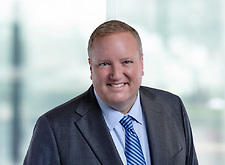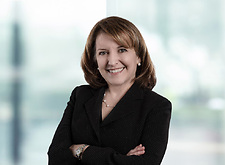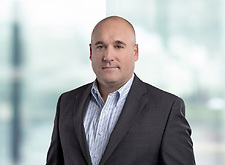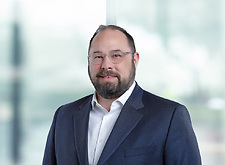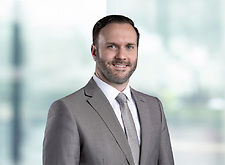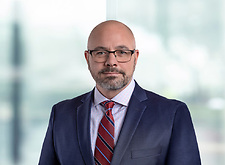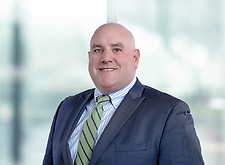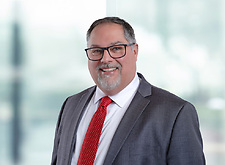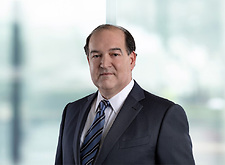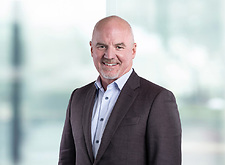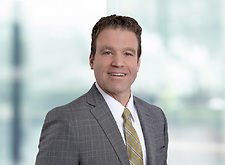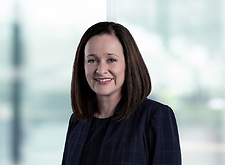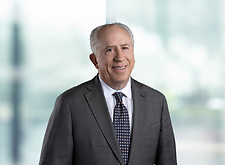SBA Provides Relief to Self-Employed Schedule C Filers and Relaxes PPP Eligibility Restrictions Stemming from Certain Convictions and Student Loan Defaults
In a March 3, 2021 Interim Final Rule (“IFR”), the U.S. Small Business Association (“SBA”) recognized that the definition of “payroll costs” used to determine Paycheck Protection Program ("PPP") loan amounts had the effect of restricting loan eligibility to many sole proprietors, independent contractors, and self-employed individuals by including a “net profit” component as part of the calculation. The SBA reports in its new IFR that many small businesses of these types have limited or negative net profit, particularly in underserved communities, and the existing calculation serves to reduce loan amounts and creates barriers to accessing PPP loans. To alleviate this impact, the SBA has now adopted an alternative calculation methodology that uses gross income to determine the payroll costs of sole proprietors and independent contractors based on the borrower’s IRS Form 1040, Schedule C filings.
Sole proprietors and independent contractors may now elect to calculate the owner compensation share of the payroll costs using either net profit or gross income. For owners with no employees, the gross income figure to be used is the same amount a borrower reports on line 7 of Schedule C, subject to a $100,000 cap. If the Schedule C filer has employees, the payroll cost calculation may utilize either (i) net profit as before, or (ii) gross income minus expenses reported on Schedule C lines 14 (employee benefit programs), 19 (pension and profit-sharing plans), and 26 (wages less employment credits). Supporting documentation must be supplied, and the SBA has issued new Forms 2483-C (First Draw) and 2483-SD-C (Second Draw) for Schedule C filers using the gross income approach.
Because of concerns that the use of gross income figures could facilitate fraud or abuse, a Schedule C filer who reports more than $150,000 in gross income on the Schedule C used to calculate the loan amount will not automatically be deemed to have made in good faith the required certification concerning the necessity of the loan request. The previously articulated safe harbor (i.e., presumption that the certification was made in good faith - FAQ 46 posted May 13, 2020) for loans below $2 million will not apply to loans based on calculations using gross income of $150,000 or more. The SBA may conduct a review of the necessity certification.
The March 3 IFR also relaxed eligibility disqualifiers relating to certain types of criminal convictions and student loan defaults. The SBA has removed the one-year lookback relating to felony convictions of a 20% or more owner, but only for non-financial fraud cases. The five-year look-back restriction remains in place for fraud, bribery, embezzlement, or false statements in loan applications or for federal financial assistance. The IFR states that removing the restriction for non-financial fraud “is consistent with Congressional support for reducing criminal background checks in the PPP and the important policies underlying recent criminal justice reforms in Congress….”
With respect to student loan defaults, prospective borrowers who were delinquent or had defaulted on student loans within the last seven years were previously disqualified from obtaining a PPP loan. The new IFR eliminates that restriction to the extent it applies to Federal student loans. According to the SBA’s IFR, “[t]his change will make PPP loans available to more borrowers with financial need and is consistent with Congress’s intent that PPP loans be prioritized for small business concerns owned and controlled by socially and economically disadvantaged individuals….”
If you have questions about the PPP or PPP2 loan eligibility or forgiveness; or concerns about strategies to better protect your business from SBA review or other government scrutiny relating to your PPP loan, please call Jason Markel (716.848.1395), Reetuparna Dutta (716.848.1626), or Benjamin Zuffranieri (716.848.1469).
Featured
- Partner
- Partner
- Partner
- Partner
- Partner
- Partner
- Partner
- Partner
- Partner
- Partner
- Partner
- Partner
- Partner
- Partner
- Partner
- New York City Office Managing Partner
- Partner
- Partner
- Managing Partner

